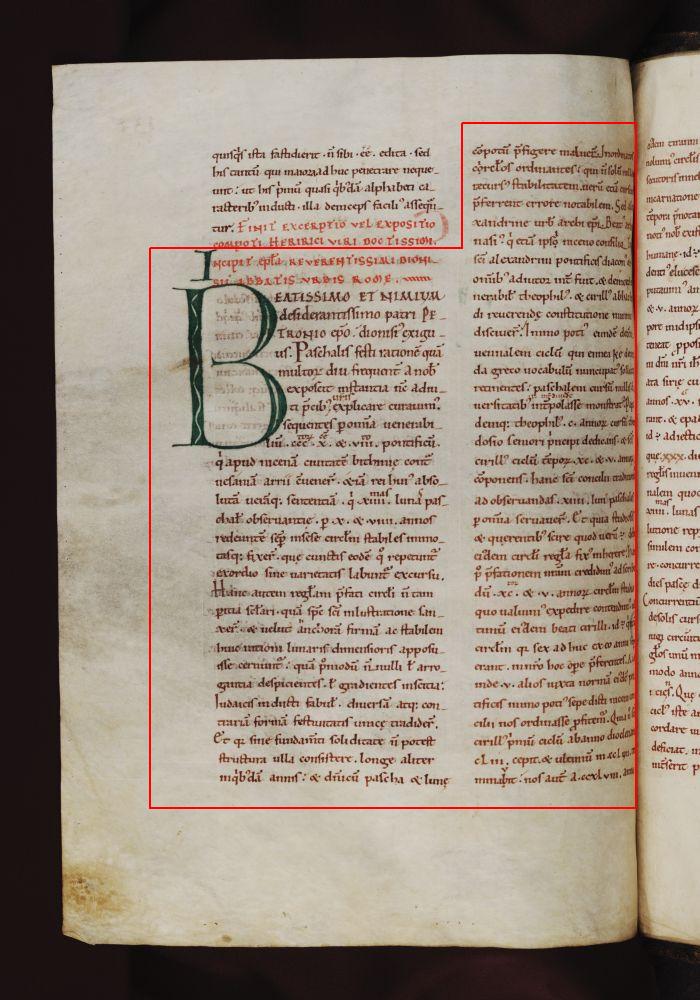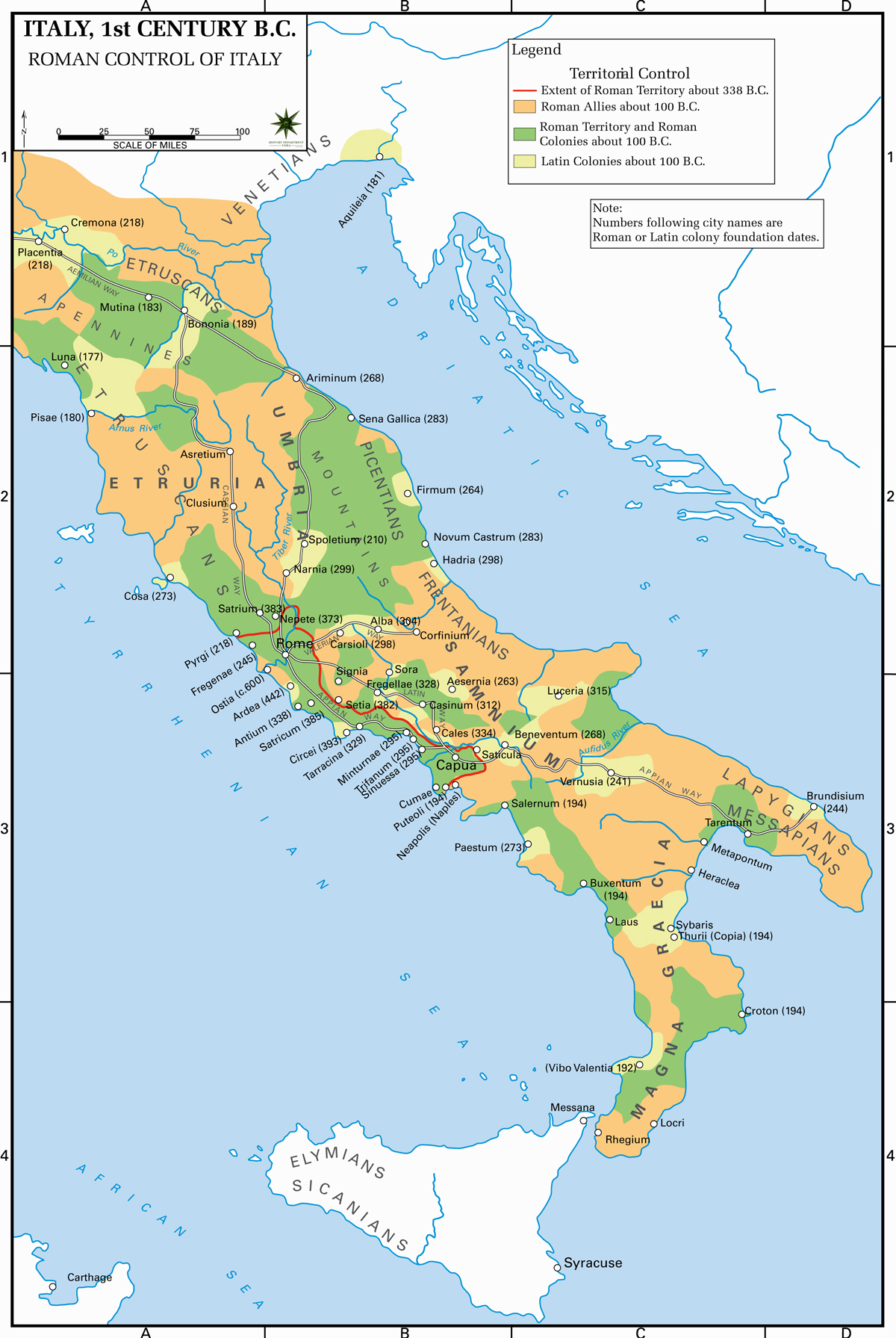Apr 15, 2018 · romanus in William Smith, editor (1848) A Dictionary of Greek Biography and Mythology, London: John Murray
Latin (Latin: lingua latīna, IPA: [ˈlɪŋɡʷa laˈtiːna]) is a classical language belonging to the Italic branch of the Indo-European languages.The Latin alphabet is derived from the Etruscan and Greek alphabets, and ultimately from the Phoenician alphabet.
Comprehensive studies on of everything Canaanite Phoenicians in Lebanon, Israel, Syria, world
q. horativs flaccvs (65 – 8 b.c.) sermones. liber i: liber ii: carmina
Uruk was an ancient city of Sumer and later Babylonia, situated east of the present bed of the Euphrates river, on the ancient dry former channel of the Euphrates River, some 30 km east of modern As-Samawah, Al-Muthanna, Iraq.

ROME AND ROMANIA, 27 BC-1453 AD. Emperors of the Roman and the so-called Byzantine Empires; Princes, Kings, and Tsars of Numidia, Judaea, Bulgaria, Serbia, Wallachia, & Moldavia;

The Grand Ballroom offers the largest selection of ballroom dance dvd lessons in Canada. Download ballroom dance video tutorials from Andy & Wendy Wong today.
Where does it come from? Contrary to popular belief, Lorem Ipsum is not simply random text. It has roots in a piece of classical Latin literature from 45 BC…




Credits: About These Texts: Technical Notes: Index: ePUBS


Scoti or Scotti is a Latin name for the Gaels, first attested in the late 3rd century.At first it referred to all Gaels, whether in Ireland or Britain, but later it came to refer only to Gaels in northern Britain.


